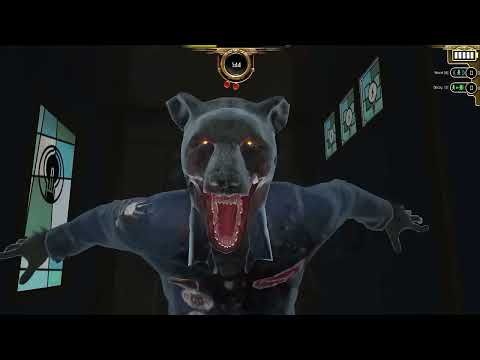

The man shouted something at her father, who took a step back, startled. A public video surveillance camera filmed her father carrying two coffees at a street corner a few blocks from home. Months later, her world turned upside down. Her film won first prize and launched her as an uncompromising documentary filmmaker. Her first feature film was for a competition at school inspired by an English class poem about Sacco and Vanzetti, two Italian migrants controversially executed for murder. To retaliate, she posted clips of the restaurant owner's abusive behaviour and within hours, the news had picked up her story, but somehow spun it to create sympathy for the restaurant.Įmbittered by the experience, Zarina, committed to become an independent producer and filmmaker. After three weeks of unpaid work, she was fired for demanding her paycheck. She modified her look, faked an accent, and secured a waitress position at the restaurant. When she heard a rumour that a fast-food restaurant owner was exploiting workers, she decided to go undercover and produce a hard-hitting film. Each week, she picked a new issue and challenged people to speak their mind on camera. By posting her content online, she slowly built a loyal following. When she was a teenager, she embraced her real name and roots, and borrowed her father's digital camera to interview members of her community in Bay Ridge.

Urgent reports of injustice captivated Zarina, inspiring her to produce her own stories. At school, she would go by the name "Karina", dye her hair lighter, and trash her "foreign" lunches.Īt home, the news channel was always on. To avoid ridicule and bullies, she observed what popular kids liked and learnt to project the image they preferred. She felt that this cultural difference painted a target on her back. The trick being – insane as it sounds – could it be emotional in a way? If it works at all, it's because of Michael and Evangeline because they're really playing the truth of the situation.Growing up in a Lebanese household in Brooklyn, Zarina struggled with two unique cultural identities. Will this work? It will be fun – and maybe funny – if it does.

It's one of my favourite things in the movie." "I suppose it made some people nervous, but I knew we could pull it off because we have Paul Rudd performing, and we have Michael and Evangeline reacting and fully committing to it. "To us it just felt organic, and it was a big swing for our movie," director Peyton Reed tells Digital Spy. But primarily it is tender and sincere – Janet was presumed dead for three decades, so this is a family reunion that for years looked impossible. The scene could have been played purely for laughs, and as it's an Ant-Man film there is definitely an element of comedy in play. He kisses Hope's head, stroking Hank's cheek and taking his hand as they watch the computer systems gear up to rescue her from the Quantum Realm. What we get is Rudd acting as Pfeiffer – interacting with Lilly as a mother and Douglas as a wife. Thanks to her contact with the current Ant-Man Scott Lang (Paul Rudd) in the previous movie, she reaches out to her family by possessing Scott's body. The scene in question features the first contact between Hope van Dyne (Evangeline Lilly) and Hank Pym (Michael Douglas) with their long lost mother/wife, the original Wasp Janet van Dyne (Michelle Pfeiffer).īut Janet is still trapped in the miniaturised Quantum Realm (and has been for 30 years).
Dead realm funny moments movie#
But it does nevertheless feature what is probably the queerest moment to feature in an MCU movie to date. Nor does Ant-Man and The Wasp buck that trend by introducing any openly lesbian, gay, bisexual or transgender characters in its cast. The Marvel Cinematic Universe isn't known for its great LGBTQ+ representation – or any representation at all, to be honest, unless you're counting erasing the non-heterosexuality of Valkyrie and Okoye in the editing room.

Warning: Contains spoilers for Ant-Man and The Wasp


 0 kommentar(er)
0 kommentar(er)
